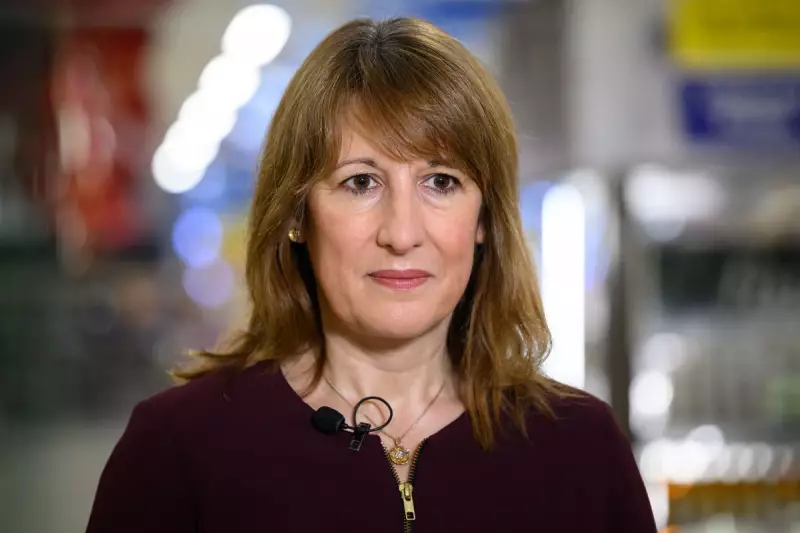
Budget U-Turn Aims to Quell Labour Rebellion
Chancellor Rachel Reeves is preparing a significant shift to the left in her upcoming Budget, scheduled for Tuesday, in a bid to secure her position and that of Prime Minister Keir Starmer. The Independent has learned that the Chancellor will bow to intense pressure from backbenchers by scrapping the controversial two-child benefit cap entirely and unveiling a series of new wealth taxes.
Key Tax Measures and Political Manoeuvring
The Budget is expected to include a significant tax raid on wealth, featuring several key measures designed to fill a spending black hole estimated to be around £20 billion. A minister confirmed to The Independent: “The ink definitely won’t dry on this budget until Tuesday night but it looks like the PLP [parliamentary Labour Party] is getting what it wants…wealth taxes and an end to the child benefit cap.”
The specific measures being briefed include:
- A mansion tax on properties valued over £2 million, potentially capped at a maximum of £5,000 due to concerns about the London housing market.
- A new profits tax on gambling companies, a policy long championed by former Prime Minister Gordon Brown, which could raise up to £3.2 billion a year.
- A levy on bank profits, pushed by the Trades Union Congress, which could generate £30 billion by 2029 if set at 16 per cent.
- An increase in capital gains tax
Scrapping the two-child benefit cap is estimated to cost the taxpayer £3.5 billion annually. Campaigners believe the funds from the gambling levy could directly finance this move.
Leadership Speculation and Strategic Calculations
The contents of the Budget are intrinsically linked to the future of Sir Keir and Ms Reeves. This leftward economic tack is seen as a direct attempt to prevent a leadership coup by placating rebellious MPs. The political atmosphere has been charged with speculation, with figures like Health Secretary Wes Streeting, former deputy prime minister Angela Rayner, Energy Secretary Ed Miliband, and Home Secretary Shabana Mahmood all being mooted as potential leadership contenders.
A senior party source stated: “The PM and chancellor are buying themselves time. There will be elements of the media who hate these taxes but it will please members and the PLP.” The decision to also abandon a planned income tax rise, thereby breaking a manifesto commitment, was similarly a result of backbench pressure, with MPs warning it would destroy voter trust.
Furthermore, the government believes that its recent tough announcements on asylum policy, which have drawn criticism from its own side, need to be balanced with more left-wing economic measures to maintain party unity. One MP noted: “There is a lot of unhappiness about us copying Reform with the asylum announcements this week so they seem to be in a place where they have to listen to us on the economy.”
Despite the Treasury citing better-than-expected forecasts from the Office for Budget Responsibility for the U-turn on income tax, Ms Reeves still faces the challenge of finding funds for defence spending targets of 2.5 per cent of GDP and maintaining an economic buffer against potential global shocks. Economists have warned that sustainable funding requires raising one of the major taxes like income tax, VAT, or national insurance, but the Chancellor is set to pursue her wealth tax strategy instead.





